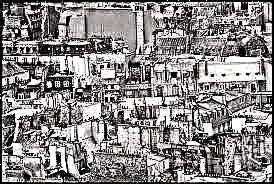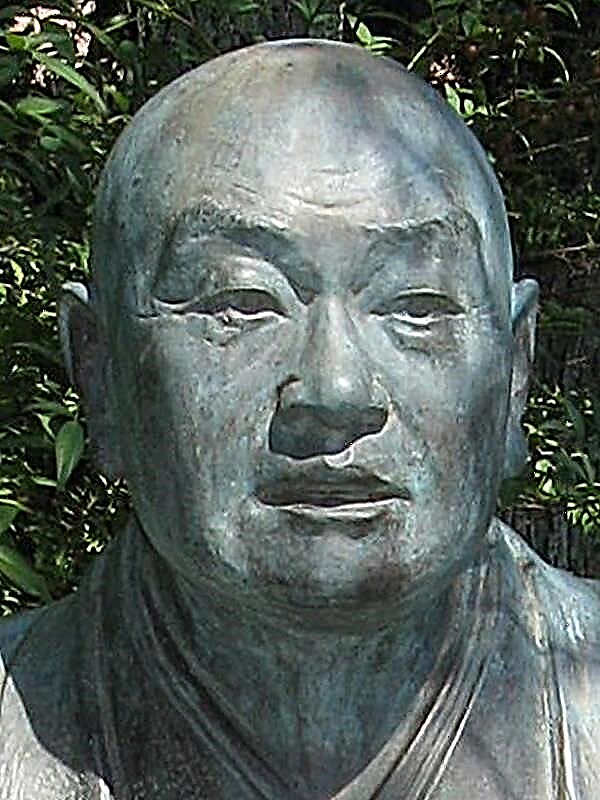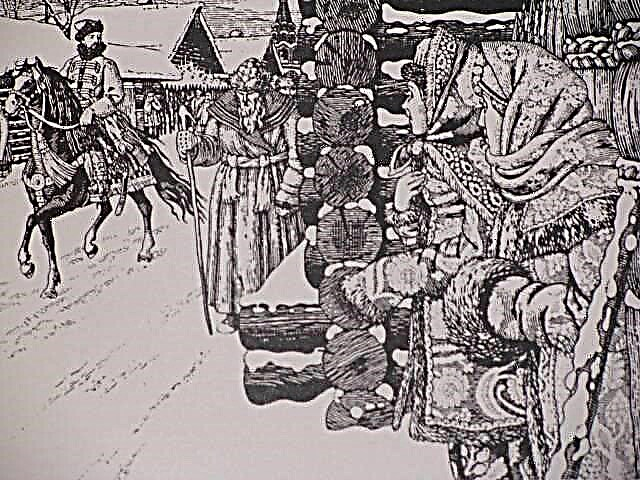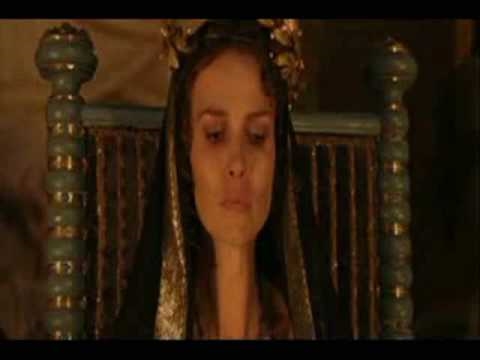(399 words) In the small story “Farewell to Mater”, which was written in 1976, the author was able to open to the reader the widespread problems of a person’s presence in society. He pointed out significant differences in the capital and rural life, showed us the change and conflict of generations, and also exposed the position of the authorities in relation to residents.
The main problem in the work “Farewell to Mater” is ecology. She opens the narrative, and she is closely intertwined with other topics. Based on the image of an environmental disaster, the heroes smoothly move on to thoughts of a moral and philosophical orientation. Scientific and technological progress has reached a little-known farm in Siberia and requires its destruction. It is clear to everyone that the flooding of Matera is justified by motives that contribute to improving the quality of life of entire cities. But the price of this happy tomorrow is too high. A hydroelectric power station is being built on the Angara to power the entire country. However, the river will overflow, flooding almost all the floodplain meadows, all residential and non-residential land, and a change in the ecological situation will occur.
The author also addresses the issue of fathers and children. For the young generation, relocation is a step towards something new, they rejoice at it. For old-timers, resettlement means death: not because in the city everything is not the same as in the village, but because here are the graves of the ancestors. Therefore, misunderstanding reigns in families, which only overshadows the upcoming changes.
In addition, the writer draws our attention to the problem of historical memory. Right before the eyes of local residents, authorities destroy graves and pull out crosses, arguing that the villages will be flooded, and ships filled with travelers will go to these places, "and then your crosses float." The rulers of the city do not want to deal with the feelings of the inhabitants of Matera, who perceive the cemetery as the “home" of relatives who have gone to another world. Residents are deprived of the right to historical memory. Moreover, the heroes humble themselves and realize the inevitability of this, but why destroy the cemetery with them, causing new pain? “Administrative people” could conduct a “clean-up” after the resettlement of residents. So, in the work there is a problem of relations of power and people.
In “Farewell to Mater”, not the last place is given to the problem of understanding the purpose of people in this world. Rasputin is convinced that the meaning of being is to transmit to the descendants of spiritual and intellectual experience. And even a person dies in order to provide life to the heirs - this is inherent in nature. Therefore, an individual feels the fullness of existence only when he feels a connection with his ancestors. And therefore, it is quite natural that the old generation of Matera wants to find peace before resettlement, living on its own land, in its environment.
Valentin Rasputin addresses in his work “Farewell to Mater” problems that are relevant to all generations and times. However, he does not say how to solve them, but only informs. And only the reader will independently find solutions.











